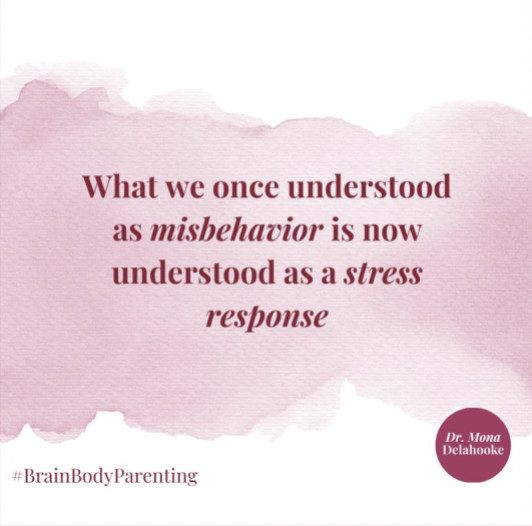
Parenting can sometimes feel like trying to solve a tricky puzzle, especially when it comes to understanding how your child’s brain and body work together. As a parent and psychotherapist, I’ve learned that paying attention to your child's nervous system can make a huge difference in how we understand our individual child. This idea, called brain-body parenting, is like having a special tool that helps you understand your child’s feelings and behaviour. For parents, this means you can better handle those everyday challenges with a bit more ease, compassion, and a little less stress. What is Brain-Body Parenting? Brain-body parenting means understanding that your child’s behaviour is connected to their nervous system. Think of the nervous system as your child’s internal alarm system that helps them deal with what’s going on around them. When this alarm system goes off, your child might feel overwhelmed or upset. Knowing this can help you figure out what’s causing their stress and how to help them feel better. How to Tune into Your Child’s Nervous System
1. Watch Their Reactions: Kids can show us a lot with how they react to things. Do they get upset easily or seem worried about something? These reactions are clues about how their nervous system is handling things. By paying attention, you can better understand what they might need. 2. Create a Calm Environment: A calm home can help your child feel more secure. Having a regular
bedtime routine or eating meals together can provide comfort and stability. This helps make your home a peaceful place where your child can relax. Please ensure your child also gets predictable periods of downtime, where they can use their imaginations in open play or whatever safely helps them find their calm (regulation). 3. Talk with Understanding: When your child is upset, try to understand how they’re feeling by offering a listening ear and support. If they’re having a tantrum, remember that they’re not trying to be difficult—they are likely overwhelmed. Parents often respond to tantrums with frustration because it activates our nervous systems (which is often already stressed) and parents don’t want to see their children in distress. 4. Encourage Physical Activity: Physical activity is like a way for your child to let off steam. Activities like running, biking, or dancing can help them feel less stressed and more relaxed. It’s a great way to help them manage their feelings. Some additional ideas if your indoor space allows can include an indoor swing, balance boards, and small trampolines as they can help regulate your child’s nervous system (and yours!). 5. Teach Relaxation Techniques: Simple relaxation techniques, like deep breathing, can help your child calm down. Teach these when they’re feeling good so they can use them when they’re feeling stressed. It’s like giving them tools to handle their emotions better. Ask your child if they know a breathing technique – they often already do! If they don’t, check out some suggestions here Why It Matters Understanding brain-body parenting isn’t just about managing behaviour; it’s about helping your child feel better and cope with life’s ups and downs. When you pay attention to their nervous system and respond with care, you help them build skills to handle stress and emotions. This makes your relationship with them stronger and helps them feel more secure. Every child is different, and understanding their brain-body connection is key to supporting their well-being.
Do you like this topic and want to talk about it more?
Join my book club where a small group of us will be chatting monthly about a chapter in the book Brain-Body Parenting by Mona Delahook, PhD. It’s a laid-back book club where we will meet once a month and cover one pre-chosen chapter at a time.
https://www.eventbrite.ca/e/book-club-brain-body-parenting-tickets-976376206517?aff=oddtdtcreator



